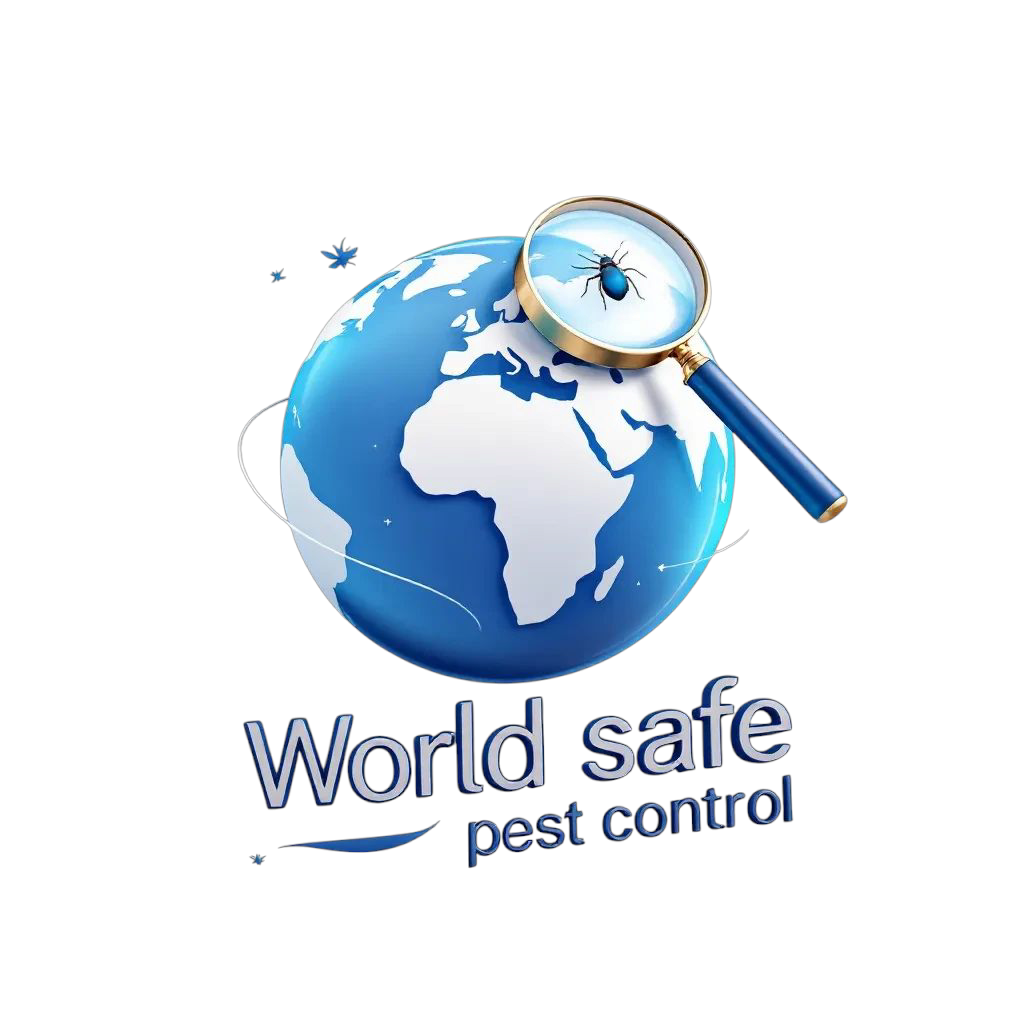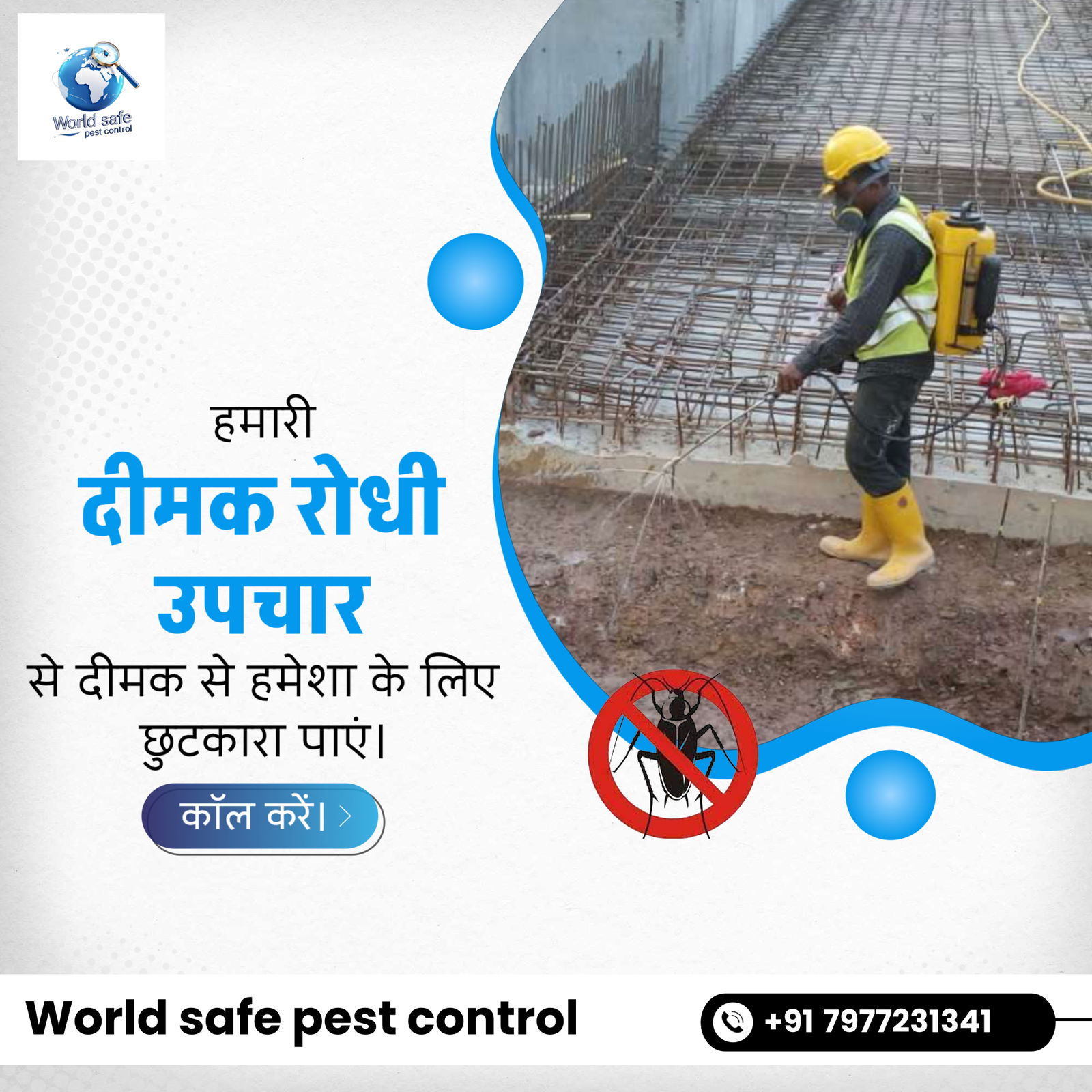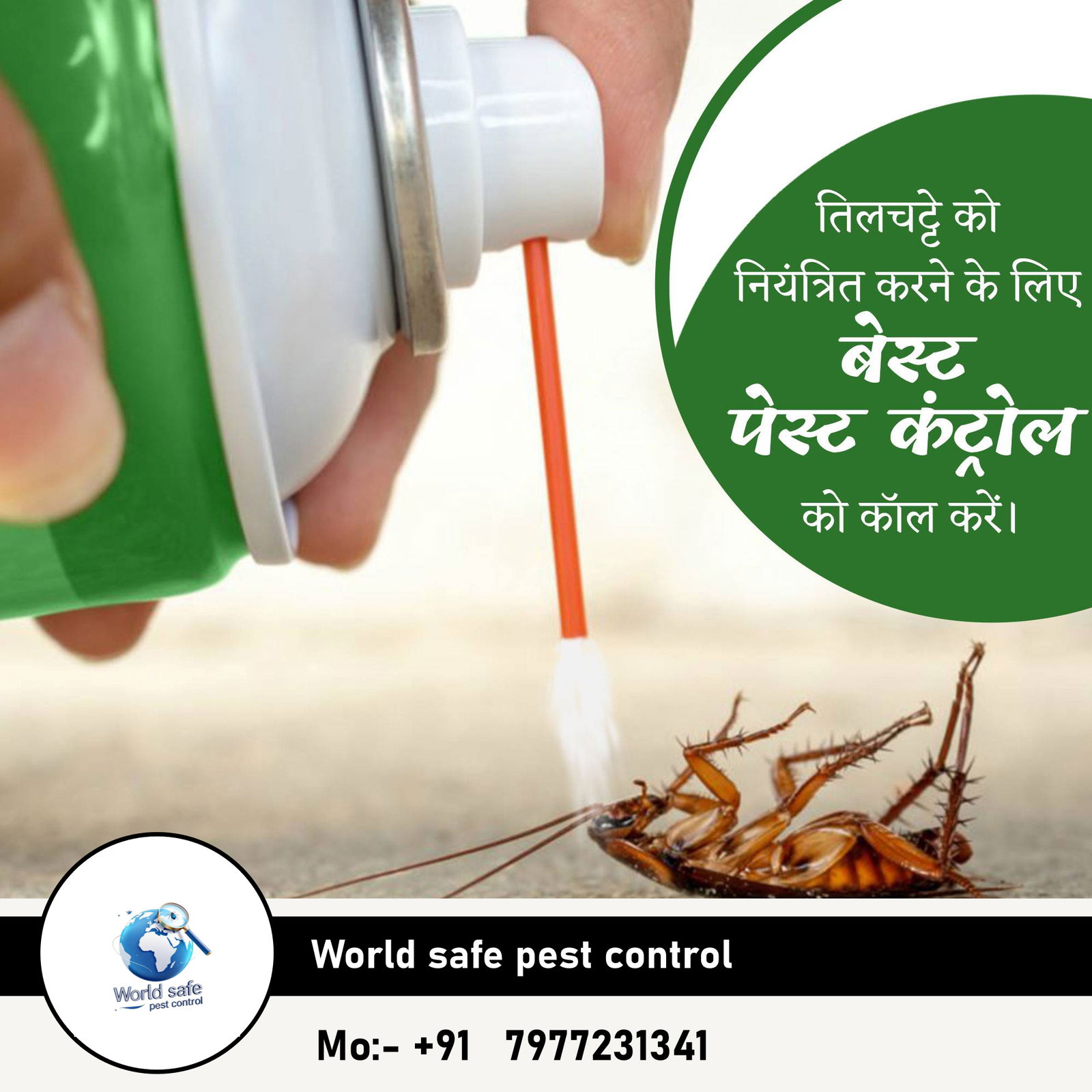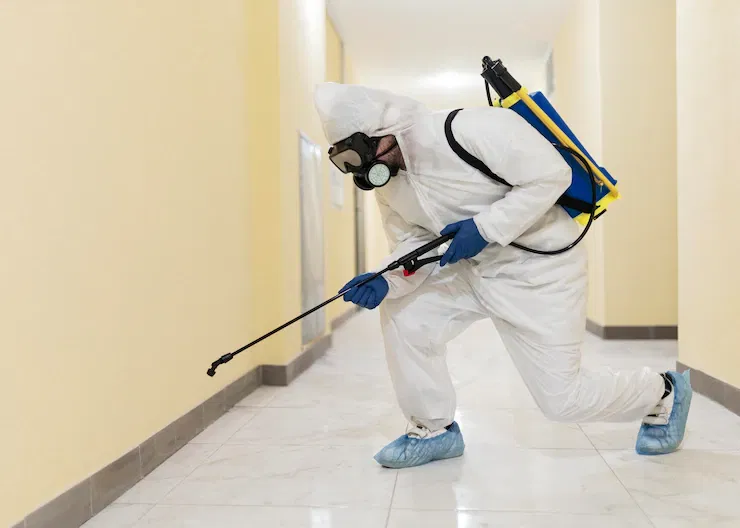
Residential pest control near me pest control residential
Residential Pest Control: Keeping Your Home Safe and Comfortable
Pests can be a major nuisance in any home, causing discomfort, damage, and even health risks. From ants in the kitchen to rodents in the attic, dealing with pests is something every homeowner will likely face at some point. Effective residential pest control is essential to protect your home, your family, and your peace of mind. Here’s everything you need to know about residential pest control and how to ensure your home remains pest-free.
Why Is Pest Control Important?
Pests aren’t just annoying; they can also pose serious risks to your health and property. Here’s why pest control is so crucial:
Health Risks: Many pests, such as rodents, cockroaches, and mosquitoes, can carry diseases. Rodents are known to spread Hantavirus, salmonella, and even Lyme disease, while mosquitoes can transmit Zika and West Nile virus. Cockroaches are known allergens, contributing to asthma in children and adults alike.
Damage to Property: Termites, carpenter ants, and rodents can cause significant structural damage to your home. Termites are infamous for destroying wooden beams and furniture, while rodents may chew through electrical wires, posing fire hazards.
Peace of Mind: A pest-free home means less stress and a more comfortable living environment. The constant worry about pests can be exhausting, but with the right pest control plan, you can relax knowing your home is safe.
Common Household Pests
Different pests target different areas of the home, but some are more common than others. Here’s a list of some of the most frequent pests that may invade your home:
Rodents (Mice, Rats): These pests are notorious for causing damage and spreading diseases. Mice and rats often nest in hidden corners and can gnaw on wires, insulation, and food packaging.
Ants: Ants are drawn to food, especially sugary substances. Carpenter ants can also cause damage to wooden structures.
Termites: Termites are one of the most destructive pests, feeding on wood and often going unnoticed until significant damage has been done.
Cockroaches: These resilient pests can survive in harsh conditions and are known to spread germs and allergens.
Bedbugs: Bedbugs can hide in mattresses, furniture, and cracks in the walls. They are small but incredibly difficult to eliminate once established.
Spiders: While most spiders are harmless, some, like the brown recluse and black widow, can pose health risks due to their venom.
Wasps & Bees: These insects can create nests near or inside your home and pose a threat if disturbed, especially for people allergic to stings.
Preventative Measures for Pest Control
The best way to deal with pests is to prevent them from entering your home in the first place. Here are some helpful tips for pest-proofing your home:
Seal Entry Points: Inspect your home for gaps around windows, doors, and pipes. Sealing these cracks with caulk or weather stripping can prevent pests from finding a way inside.
Clean Regularly: Pests are often attracted to food and crumbs. Make sure to clean your kitchen, sweep up crumbs, and store food in airtight containers. Pay special attention to areas under sinks, behind appliances, and in pantries.
Proper Waste Management: Empty garbage bins regularly, and keep compost in sealed containers. Make sure to dispose of trash properly and avoid leaving food waste exposed.
Fix Leaks and Moisture Issues: Pests such as termites, cockroaches, and rodents are attracted to moisture. Fix leaky faucets and pipes to reduce the likelihood of attracting these pests.
Maintain Landscaping: Keep trees, bushes, and plants trimmed away from the house. Overgrown plants provide a pathway for pests to enter your home.
When to Call a Professional Pest Control Service
Sometimes, DIY methods aren’t enough to handle an infestation. If you’ve tried basic pest control measures without success, or if you notice signs of a large infestation, it’s time to call in a professional pest control service.
Professional pest control companies can:
Assess the Situation: Experts can identify the specific pest problem and the source of the infestation.
Implement Safe Treatments: A licensed pest control technician uses safe, effective products and techniques that are often more powerful than over-the-counter solutions.
Provide Long-Term Solutions: Pest control isn’t just about getting rid of pests for a short time; it’s about preventing future infestations. Professionals will provide a tailored plan to ensure pests don’t come back.
Choosing the Right Pest Control Service
When selecting a pest control company, consider the following factors:
Experience and Reputation: Choose a company with a good track record and positive reviews. Ask for recommendations from neighbors or family members.
Licensing and Certification: Ensure that the company is licensed and certified by appropriate authorities. This guarantees that they adhere to industry standards and safety regulations.
Treatment Methods: Inquire about the methods and products they use. A good pest control company should be transparent about their practices, especially if you have young children or pets.
Warranty or Follow-Up Services: A reliable pest control company should offer follow-up services or a warranty for the treatments they provide, ensuring long-term pest management.
Conclusion
Residential pest control is essential for maintaining a safe, comfortable, and healthy living environment. Whether you’re dealing with ants, rodents, or more serious infestations, prevention is key. If necessary, don’t hesitate to contact a professional pest control service to address the issue promptly and effectively. By taking proactive steps, you can ensure that your home remains pest-free and your family stays safe.










